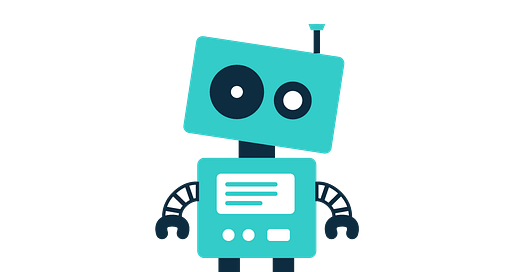AI mediator helps humans find common ground on politically controversial topics
Plus: AI to fix real-world code vulnerabilities & the limitations of AI self-improvement techniques
Hello, fellow human! Sophia here. This week’s newsletter is packed with cool talks we’ll be hosting in the coming weeks: from an AI mediator whose answers were better than humans, to AI that fixes real-world code vulnerabilities, to discussions about the challenges of AI self-improvement techniques.
Let’s dive in!
Finding agreement through a free exchange of views is often challenging. Collective deliberation can be slow, difficult to scale, and not equally attentive to all voices. Can AI be an efficient mediator? It turns out it's even better than humans!
In this study, our guest speakers from Google DeepMind, Michael Henry Tessler and Michiel Bakker, trained an AI to mediate human deliberation. Using participants’ personal opinions and critiques, the AI mediator iteratively generated and refined statements that expressed common ground among the group on social or political issues. Interestingly, nearly 6,000 participants preferred AI-generated statements over those written by human mediators, rating them as more informative, clear, and unbiased.
This is an in-person talk — if you’re in the SF Bay Area, check it out and register to attend!
Google recently introduced BigSleep, an AI agent that uses LLMs (in this case Gemini) to automatically find vulnerabilities in code without relying on traditional security methods. Recently, BigSleep discovered a critical vulnerability in SQLite, highlighting its ability to uncover previously undetected flaws. The AI system has the potential to accelerate vulnerability discovery, making it a valuable tool for proactively identifying security issues.
Details and registration are here. The talk is virtual.
Researchers are actively working on using AI to improve other AIs. As a result, we are witnessing the rise of new techniques like RLAIF (Reinforcement Learning from AI Feedback) and self-rewarding mechanisms, both aiming to enable AI models to evolve without human feedback.
Building on these ideas, meta-rewarding approaches attempt to further this evolution by allowing models to assess and refine their own outputs, including both responses and judgments.
The challenge is that these techniques often require significant engineering effort, and their improvements tend to be domain-specific, making them less likely to generalize well.
In this virtual talk, we will discuss the challenges of these techniques and explore avenues for AI self-improvement.



